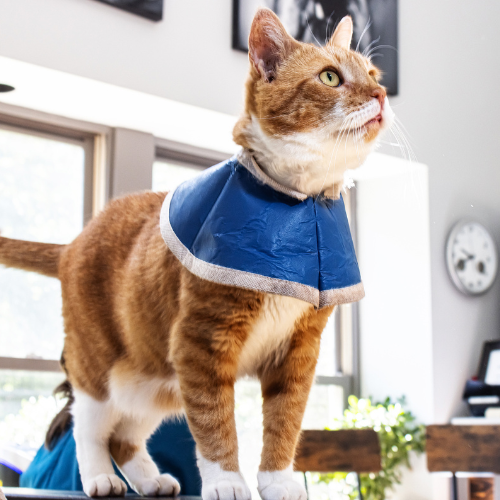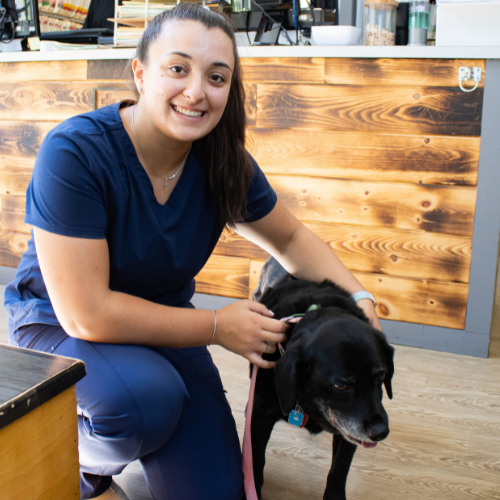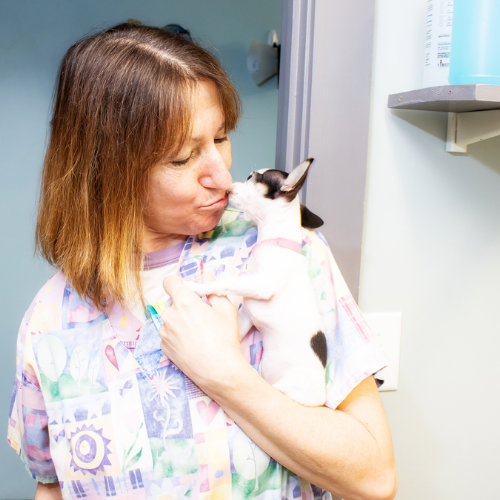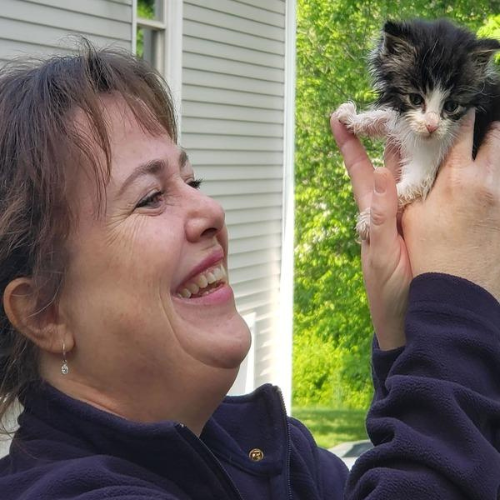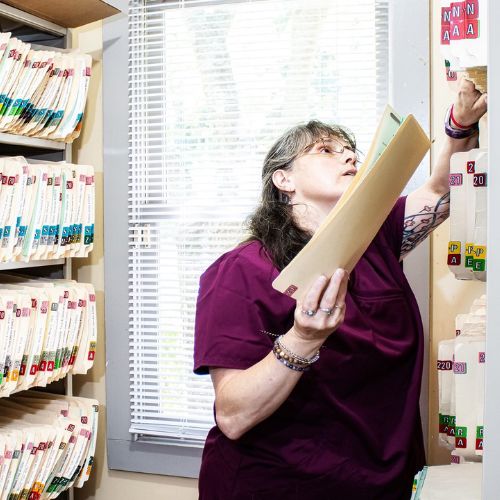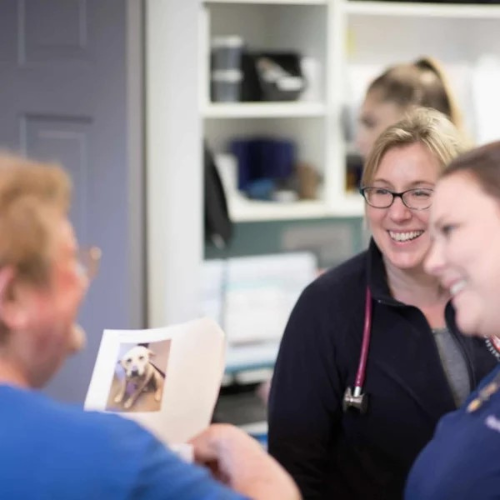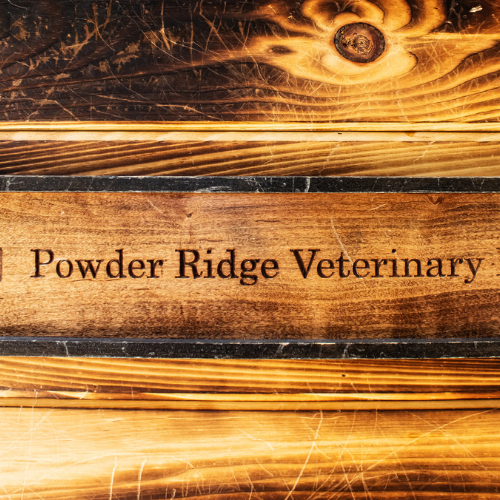Welcome
About Powder Ridge Veterinary Hospital
Powder Ridge Veterinary Hospital is a family-owned and operated practice founded in 1987 and located in the Town of Middlefield, CT! We offer pet care for every age, meeting the unique needs of families and their pets from kitten and puppyhood into their senior years.
Over the past several decades, our team has provided veterinary care to pets whose owners have spanned several family generations. We strive to provide quality individualized care to every patient. We strongly support client education and encourage a team approach between our veterinarians and pet owners when creating a diagnostic/treatment plan that balances the pet and family’s unique needs.
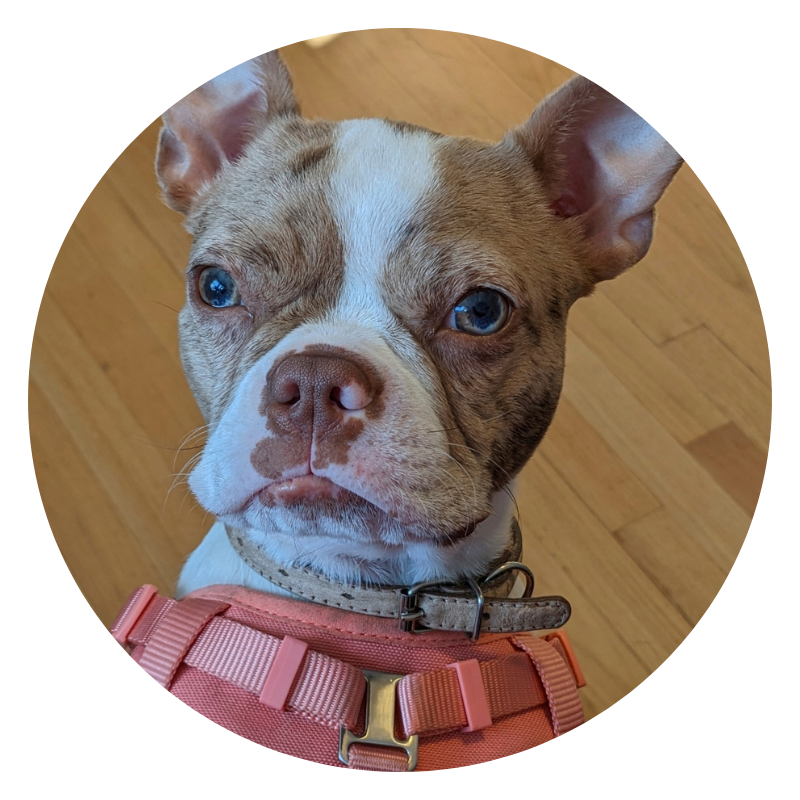
Veterinary Services
Full Spectrum of Veterinary Care in Middlefield, CT
At Powder Ridge Veterinary Hospital, we provide a full spectrum of care. Schedule a stress-free visit for your pet today! We offer wellness visits, vaccinations, surgical and dental services, sick and urgent care visits during office hours, radiology and ultrasound imaging, a full-service pharmacy and online store for our patients, and peaceful end-of-life care. Your pet is an important part of your family, and we are proud to provide the care they need to live long and healthy lives!

Veterinary Team
Meet Our Veterinary Team
Our veterinary team will be there to support you and your pet throughout the entire process. Visit Powder Ridge Veterinary Hospital to observe how we treat your pets like the essential parts of your family that they are!

Best Veterinary Hospital in Middlefield, CT
We are an award-winning veterinary hospital in Middlefield, CT.
Meeting the Unique Needs of Families and Their Pets


